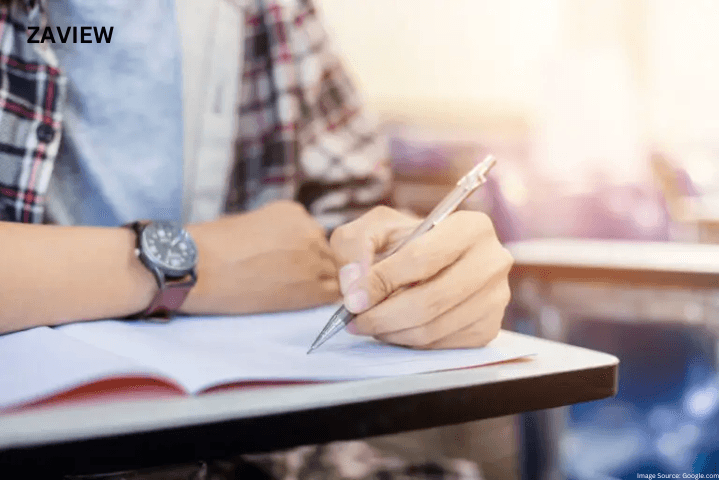University life can be exciting and challenging. Balancing classes, assignments, and social activities while maintaining good grades demands effective study strategies. With the right techniques, you can optimize your learning and make the most of your academic journey. Let’s explore some proven study methods tailored for university students.
Set Clear Goals
The foundation of effective study sessions is specific, achievable goals. It may be mastering a chapter or completing an assignment. Specific objectives keep you focused and motivated. Smaller tasks aid in breaking up large ones so that they can be manageable, while smaller victories must be celebrated along the way to the finish. Clear goals also give you a direction in which you are working.
Create A Study Schedule
A well-planned schedule helps you manage your time effectively. Allocate dedicated slots for studying, revising, and taking breaks. Use tools like planners or digital apps to organize your day, ensuring you prioritize tasks without feeling overwhelmed. A consistent routine reduces procrastination and keeps you disciplined.

Find Your Ideal Study Environment
The right environment can affect your concentration greatly. Find a quiet, clutter-free space that works for you. Some people prefer a library setting, while others like the cozy corner in their homes. Try different spots and see where you focus better. The right setting helps minimize distractions and boosts productivity.
Active Learning
Instead of just passively reading textbooks, actively engage with the material. You can summarize concepts in your own words, create flashcards, or even teach someone else about the topic. Active learning enhances understanding and retention, making your study sessions more effective. This approach also keeps you engaged and prevents boredom during long sessions.
Use The Pomodoro Technique
The Pomodoro Technique is studying in focused intervals (usually 25 minutes) followed by a 5-minute break. This approach maintains concentration and prevents burnout. After four cycles, take a longer break to recharge before resuming your work. It’s a simple yet powerful tool to improve time management and focus.
Practice Self-Testing
Testing yourself frequently is one of the best methods to remember information. Make use of past exams, quizzes, or online practice tests to test your knowledge. This will not only give you confidence but also point out areas that need improvement. Self-assessment promotes active retrieval, which is essential for retention in the long run.

Make Use Of Study Groups
Peer collaboration can be a source of new ideas to clear the fog of unclear doubts. Join or form study groups to discuss challenging topics, share notes, and learn together. Just ensure the group stays focused on studying rather than turning into a social gathering. Healthy discussions often lead to deeper insights and better understanding.
Stay Organized
Keep your notes, study materials, and study resources organized. Use the binders, digital folders, or notebooks to categorize subjects and topics. Keep yourself organized and save on time and stress; allow yourself to focus fully on your studies. A clutter-free workspace helps in generating a clear and focused head.
Take Care Of Your Health
The physical and mental health of a student has a direct impact on their academic performance. Ensure to get adequate sleep, eat healthy, and drink plenty of water. Regular exercise and mindfulness activities, like meditation, can also improve concentration and minimize anxiety. A healthy body is a sharp and resilient mind.
Review And Revise Regularly
Frequent revision reinforces what you have learnt and minimizes last-minute cramming. Set aside a time each week to review notes and revisit complex topics. Consistent review helps the information stick and prepares you more effectively for exams. Revisiting material regularly builds up confidence for assessments.
Conclusion
Success in the university is not just getting it right but studying smarter and, of course, smarter over time. With these ideas—clear goals, getting the right time, organizing yourself, and the techniques—you are bound to enhance that experience of learning and thereby minimize stress. Balance all of these with academic prowess: take care of yourselves and excel academically as you do so. Dedication and the right strategy assure success in your university years!
